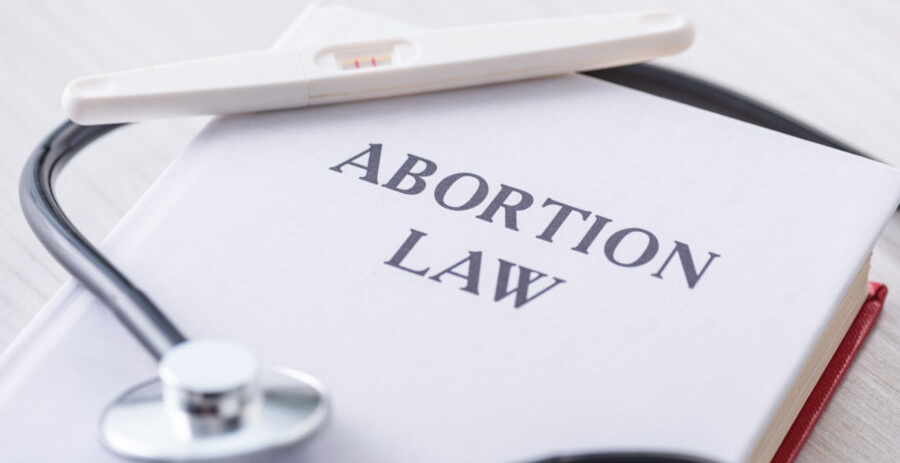2024 Election News
Proposition 139 Ignites Controversy in Abortion Rights and Parental Consent Debate

Arizona Governor Katie Hobbs has reaffirmed that if Proposition 139 passes, it will not permit minors to obtain an abortion without parental consent. This statement, however, contradicts criticism from opponents who argue that the proposition would establish a “fundamental right” to abortion for all individuals, without specifying age restrictions.
Concerns have emerged even among supporters, including Attorney General Kris Mayes, who notes that the implications of the measure on current parental consent laws may require judicial interpretation.
Opponents seek to leverage the parental consent issue to sow doubt about Proposition 139, which has attracted substantial financial support. Recent reports indicate that advocates have raised approximately $32.7 million aimed at enshrining abortion rights in the state constitution.
A notable contribution came from the Fairness Project, which provided over $4.6 million and cites its donors as corporations and LLCs. Among other significant donations is a $3.25 million contribution from Eric and Wendy Schmidt of California, along with $2.26 million from the Planned Parenthood Action Fund.
Campaign expenses, particularly for paid petitioners, total about $18.7 million, leaving the Arizona for Abortion Access campaign with over $12 million to bolster support ahead of the election.
Recently, the campaign announced a $1 million allocation for “organizing grants” to 13 advocacy groups across several counties, aiming to enhance outreach and motivate voter participation.
In stark contrast, the opposition group, “It Goes Too Far,” reported raising less than $1.3 million, with a mere $543,643 remaining after costs. The group’s largest donation of $142,200 came from a retiree in Tempe.
According to a recent poll by the New York Times and Siena College, 58% of Arizona voters currently support the constitutional amendment, while around one-third oppose it.
If passed, Proposition 139 would supersede Arizona’s existing law, which restricts abortions after 15 weeks without exceptions for rape or incest. The proposed amendment states that “every individual has a fundamental right to abortion” and seeks to eliminate laws that interfere with that right prior to fetal viability.
Cindy Dahlgren, communications director for the Center for Arizona Policy Action, argues that the language of Proposition 139 could indeed negate parental consent requirements, asserting that “every individual” includes minors.
Despite Hobbs’ assurances, the implications of the measure are disputed. Attorney Andrew Gaona, representing Arizona for Abortion Access, confirmed that the proposition creates a fundamental right to abortion but admits that its exact legal ramifications remain uncertain.
Meanwhile, Mayes acknowledges that if the measure passes, its effects on existing laws, including parental consent, would need to be assessed. Mayes indicated that her office would analyze the resolution’s impact on current statutes after its approval.
Currently, a judicial bypass exists that enables some minors to seek an abortion without parental consent, contingent upon a judge’s approval of their maturity and ability to understand the procedure.
Statistics reveal that in 2022, there were 250 abortions reported among girls under 18, with 37 authorized through judicial bypass, showcasing the existing legal mechanisms available to minors.
As debates unfold, questions remain about the extent of rights established by Proposition 139. Legal experts have noted the potential for limitations based on age, citing comparisons to existing laws around firearm possession that allow restrictions based on age.
Bethany Miller, an attorney for the Center for Arizona Policy, remarked that the phrasing in Proposition 139 could establish a stronger legal precedent compared to other rights, making the issue more complex for future legislative interpretation.


















